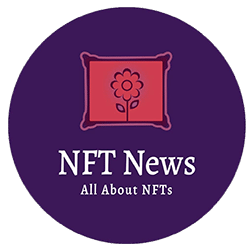After flagging concerns over the financial risks associated with non-fungible tokens, some of China’s authorities are putting forward guidance on how to best make use of the novel technology.
The government of Shanghai says it supports “leading companies to explore building NFT exchanges,” according to the city’s 14th Five Year Plan on the digital economy published this week.
Though the directive isn’t national, what is trialed in Shanghai, the largest Chinese city by GDP and known for its economic openness, can likely serve as an example for other regions.
The government’s intention for NFTs is clear: to use them as a tool for IP protection, which is seen to still have shortcomings in the country. Indeed, the blueprint wants the city to have a head start in researching and promoting “the digitization of assets like NFTs, the global circulation of digital intellectual property, and the digital authentication of ownership.”
On the other hand, authorities in China have been unequivocal about their criticisms of speculative NFTs. In April, China’s top financial industry associations proposed that NFTs must not be used for securitization; nor should they be traded with cryptocurrencies, which have been outlawed in the country.
These suggestions effectively rule out the existence of global NFT marketplaces like OpenSea in China. What the country does permit though are private, consortium blockchains managed by trusted institutions. Tech giants like Tencent, Alibaba, and Baidu have all built their own marketplaces for “digital collectibles” — a term adopted by some in China to underplay the negative, financial connotation of NFTs — where consumers can only make purchases using the country’s fiat currency and prohibited from secondary trading.

This news is published and verified by the NFT News media team.












11 thoughts on “NFTs, Metaverse, Blockchain, Web3 Included In Shanghai’s Five-Year Plan”